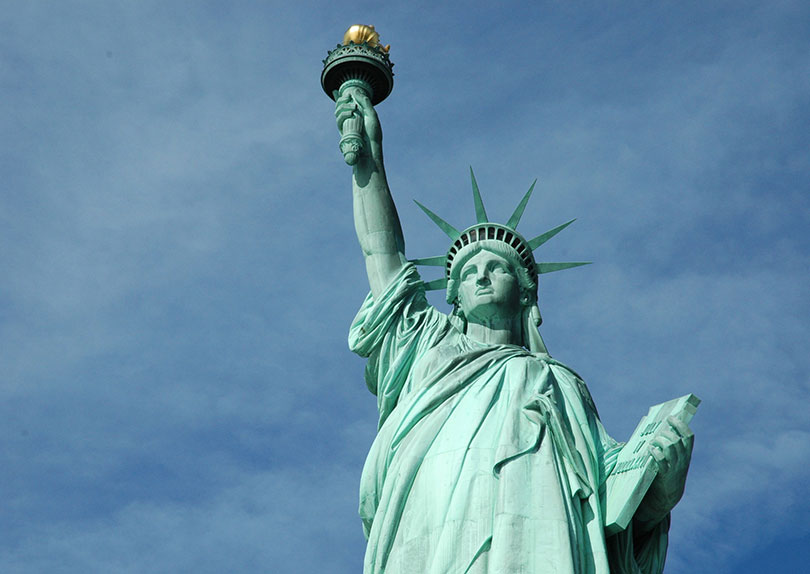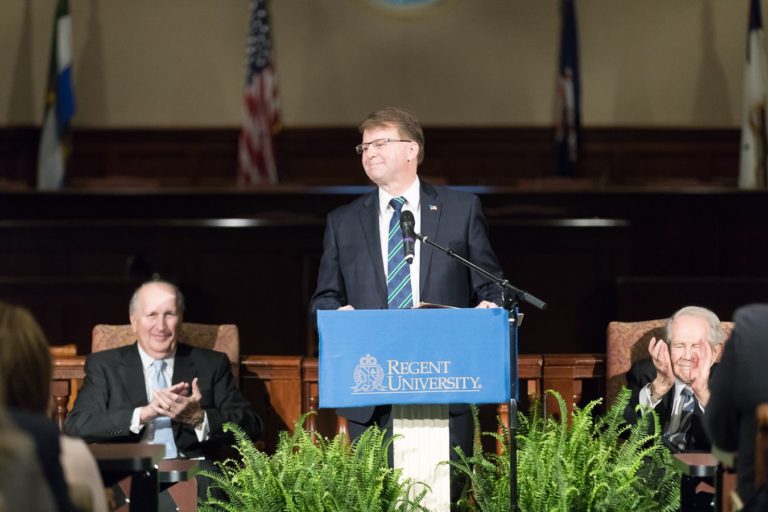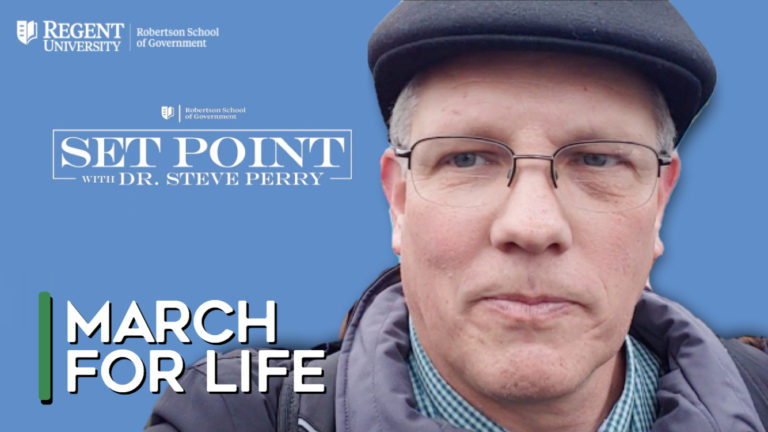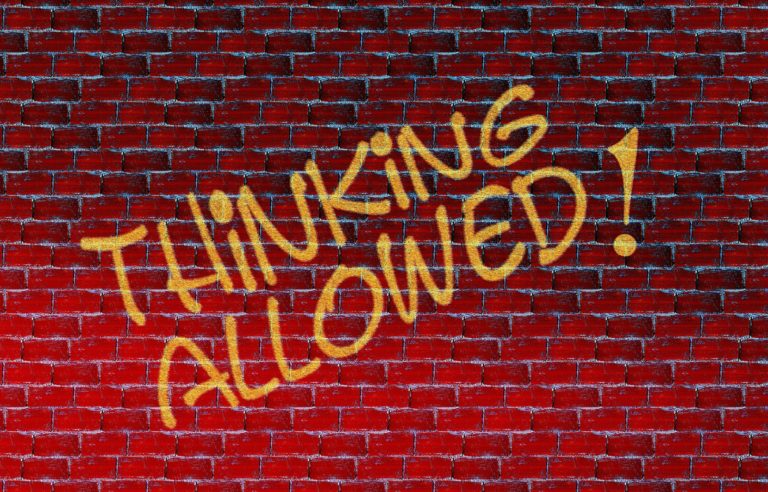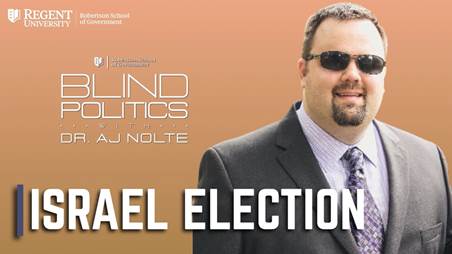The Importance of Property Rights in Facilitating a Prosperous Economy and Human Flourishing
Abstract
Private property rights are inherent to the capitalist system and their enforcement are essential for such a system to work; however, this paper explores the inherent value of private property rights as a foundation to showing how they facilitate economic prosperity by motivating individuals and promoting virtue. Capitalism will then be decided as the best system that works with private property rights. Further, overwhelming evidence will be cited to indicate the incredible success attributed to the free market that other systems fail to achieve. Finally, a link between private property rights and human flourishing will develop through understanding the virtues and positive motivations that arise when private property is a central factor in the economy.
The Importance of Property Rights in Facilitating a Prosperous
Economy and Human Flourishing
Much of the political discourse of today involves the clashing of fundamental, dichotomous views regarding beliefs of human nature and ethics. This is heavily exemplified by policy interpretations on economics and beliefs concerning the citizen’s ability and extent to own private property. As such, it draws a relationship between economic participation and human nature that questions whether such concepts of private property are valid in facilitating a prosperous economy, and by extension, a form of human flourishing.
Property Rights
John Locke’s notion of natural liberty paints a powerful portrait of man’s inherent rights and universal law concerning these rights. It asserts a fundamental concept of nature, where it is man’s duty to preserve himself, and thus also their prerogative to exercise free will on their lives and what they possess to meet this end. Natural rights of life, liberty, and property point to the dignity of man and hints to their inherent value that motivates them to fulfill their potential. This sovereignty of man is explicit in Locke’s views concerning the role of leadership to protect these values. With the intention to lay out a minimally-intrusive government, he asserted that this idea of natural liberty is inextricably intertwined with the institution of private property. Powel (1996) notes,
Locke established that private property is absolutely essential for liberty: “every Man has a Property in his own Person. This no Body has any Right to but himself. The Labour of his Body, and the Work of his Hands, we may say, are properly his.” He continues: “The great and chief end therefore, of Mens uniting into Commonwealths, and putting themselves under Government, is the Preservation of their Property.” (para. 33)
Evidently, this also presents a distinct form of government that does not infringe on these property rights but rather preserves the right to property; in particular, it defines how they interact in an economy where such citizens use their private property. Since Locke clearly believes that private property rights should determine how a resource is used and owned in an economy, this transitions into how the virtues of this natural right manifest in a system. Czeglédi (2014) contributes insight involving civil liberties in a prosperous economy; he recognizes that such liberties (autonomy and individual rights) are fundamentally a broad understanding of private property rights, and that they are disproportionately more effective in creating economic development than by using executive constraints. Particularly, private property and the upholding of those rights are essential elements of a capitalist economy, and thus capitalism is historically the most ideal system to promote these rights and also facilitate a prosperous economy. However, how exactly does private property work in capitalism that makes it so successful?
A Prosperous Economy
To understand this, Adam Smith’s views on the applications of natural liberty on the economy must also be considered. His study of society points him to a system defined by division of labor where each actor in the economy is able to develop their potential productivity and specialize in one area rather than be self-sufficient (Ebeling, 2016). Through this, work becomes faster, cost-effective, and beneficial for all who participate. However, Ebeling (2016) admits that this is not a planned order nor could ever be imposed by any force except by which it is motivated by their self-interest; it inspires economic participants to fulfill each other’s needs by serving them the best in exchange for their own needs to be met. This by nature implies that each participant is able to keep and use the fruits of their labor to satisfy that self-interest, which is not possible without private property rights to possess and use their resources freely in the economy. On the alternative, a third-party force (government) that attempts to alter this economy or take away property rights can do severe damage to the system, as it no longer relies upon the motivations for the participants to do well, but instead on the government who is not motivated to use the property efficiently. Further, the participants are no longer motivated to invest in the economy as much of the fruits of their labor are taken under weak property rights, which do not satisfy their self-interest and thus do not motivate them to work for it. From this, it is beginning to be apparent why intervention in the economy that threatens private property rights starts to break down motivations to be prosperous and invest in a system that gives little reward.
This concept of the natural order and benefits of self-interest in an economy is known by Adam Smith’s concept of the invisible hand. Rassekh (2011) asserts that this beneficence of the market system is evident wherever implemented throughout history, particularly noting 1980-2005 where many low-income economies adopted a comparatively free-market approach which resulted in significant growth and reduced the poverty rates much more than other similar but less-free economies. Dorn (2016) notes the most prominent and modern example of how property rights are effective in a market economy is communist China’s shift to free market principles in 1978. Establishing comparatively robust private property rights that are now recognized by law, China transformed almost immediately with massive economic growth in the private sector. An all-too-familiar trend started to emerge:
The problem is that without private owners and the ultimate threat of bankruptcy, socialist enterprises have little incentive to be efficient. It is well-known that China’s private industrial firms have a much higher return on assets than SOEs [state-owned enterprises] … In free private markets, firms are incentivized to be efficient and to maximize profits; firms that cannot pass the market test will fail. When government interferes with the competitive market process, the marketplace becomes politicized and the range of choices open to people becomes more limited. (Dorn, 2016, p. 24)
Human Flourishing
With the overwhelming empirical evidence that attests to the effectiveness of a capitalist economy, the most difficult route to prove at this point is how it translates to human flourishing; private property rights and the potential for prosperity does not necessarily equal the universal principle of human flourishing. How are private property rights important for human flourishing?
Zupan (2011) answers this by going through the many virtues that the free market promotes, the most recognized of which is the facilitation of individual choice and freedom through mutually beneficial exchange. However, other little-mentioned virtues are also inherent to this system. The free market encourages integrity, trust, honesty, and morality to show cooperative and ethical behavior that is attractive for repeat consumers; although it is recognized that any form of economy has repeat interactions, defined and enforced private property rights are decidedly superior to facilitate and encourage cooperative virtues (Zupan, 2011). If such virtues are not exhibited by the companies, the consumers will simply choose their more ethical competition. In addition, the free market also promotes humility for an interesting reason. One criticism of the free market is that it promotes greed through wanting to accumulate wealth because of such property rights, which is different than serving the self-interest; in fact, it is just the opposite! In order for the greedy to satisfy that desire, they must humble themselves and learn to put the needs of others before their own in order to accumulate that wealth. Such is one of the biggest virtues of the free market: taking a whole bunch of self-interested or greedy people and making them serve one another to everyone’s benefit.
Finally, Dowd (2018) explains incredible human flourishing aspects that come from the free market, aside from economic prosperity or virtue promotion. He defers to empirical evidence that supports economic freedom as correlative to a cleaner/healthier environment, less corruption and civil strife, higher levels of civil rights, higher life expectancy and literacy rates, and even higher political and religious freedom regardless of geographic/demographic factors (Dowd, 2018). There have been no results anywhere near to the incredible opportunity for meeting the needs of the individual and society than with the establishment of private property rights in a free market. Such a system is admittedly not perfect, and there are always going to be cases of failure and abuses in a system that operates with imperfect people. However, no other system delivers such incredible outcomes and the opportunity for everyone to freely use their talents and passions where they keep the fruits of their accomplishments and hard work. Without private property rights expressed through the freedom to keep what one earns and choose what to do with it, not only will there be an economy that lacks motivation or ability to prosper, but human flourishing will suffer by preventing the individual from reaching their full potential.
References
Czeglédi, P. (2014). Why are civil liberties more important than executive constraints in economic development? A property rights approach. Society and Economy, 36(1), 37-68. Retrieved May 10, 2020, from www.jstor.org/stable/43773789
Dorn, J. A. (2016). China’s Challenge: Expanding the Market, Limiting the State, Man and the Economy, 3(1), 23-41. doi: https://doi.org/10.1515/me-2016-0002
Dowd, A. (2018). Why Human Flourishing Happens Best in a Free Market. Retrieved 10 May 2020, from https://tifwe.org/human-flourishing-free-market/
Ebeling, R. M. (2016). Adam Smith on Moral Sentiments, Division of Labor and the Invisible Hand: Economic Ideas. Retrieved 10 May 2020, from https://www.capitalismmagazine.com/2016/12/adam-smith-on-moral-sentiments-division-of-labor-and-the-invisible-hand-economic-ideas/
Powell, J. (1996). John Locke: Natural Rights to Life, Liberty, and Property. Retrieved 10 May 2020, from https://fee.org/articles/john-locke-natural-rights-to-life-liberty-and-property/
Rassekh, F. (2011). Accepting the invisible hand: market-based approaches to social-economic problems. CHOICE: Current Reviews for Academic Libraries, 49(3), 560. Retrieved from https://link-gale-com.ezproxy.regent.edu/apps/doc/A271880075/LitRC?u=vic_regent&sid=LitRC&xid=49d3f585
Zupan, M. A. (2011). The virtues of free markets. Cato Journal, 31(2), 171-198. Retrieved from http://eres.regent.edu:2048/login?url=https://search-proquest-com.ezproxy.regent.edu/docview/875294414?accountid=13479
The views and opinions expressed in this post are those of the authors and do not necessarily reflect the official policy or position of Regent University.

